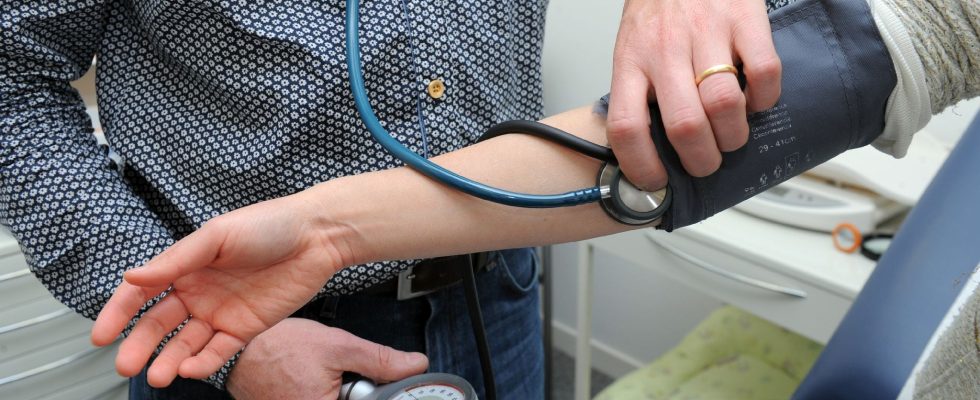Deadlines vary widely depending on the type of medical professional and by department. In a new survey carried out on several million appointments made on its platform and published this Tuesday, April 23, Doctolib classifies by number of days the waiting of patients for each medical specialty.
Thus, largely in the lead, it is the general practitioners who have the shortest delay: in 50% of cases, you have to wait less than three days to obtain an appointment with these practitioners, according to the study. More than 87 million consultations with general practitioners have been analyzed by the platform. Then come the pediatricians, with whom it is possible, half of the time, to consult in less than seven days. Then dentists and midwives, who have a delay of 11 days in 50% of cases, gynecologists (22 days), and ophthalmologists (25 days).
At the very bottom of the accessibility scale, dermatologists (36 days) and cardiologists (42 days) show the longest delays. “Dermatology is a specialty that requires less urgent care, and cardiological emergencies are frequently referred to the hospital,” notes Doctolib to explain their significantly longer delays. For masseurs-physiotherapists, the only paramedical profession scrutinized by the study, half of the appointments are granted in less than 6 days.
Gers, Nièvre, Calvados… Disparities still exist
These deadlines concern face-to-face appointments. But for practitioners who carry out teleconsultation, this makes it possible to significantly speed up the time taken to make an appointment: the median appointment time then falls to one day in teleconsultation for general practitioners and pediatricians, two days for midwives, four days for gynecologists, seven days for cardiologists, eight days for dermatologists, and 17 days for psychiatrists.
However, these average figures hide large disparities between departments, some of which have become medical deserts where it is very difficult to consult certain practitioners.
“In seven regions of France, around fifteen departments are in difficulty” compared to the rest of the country, “with median delays at least twice as long, for at least three professions,” notes Doctolib. These departments are Gers, Saône-et-Loire, Nièvre and Territoire de Belfort, Loiret, Cher, Deux-Sèvres, Ardèche, Eure, Calvados, Manche, Loire-Atlantique and Côtes-d’Armor, Pas-de-Calais.
